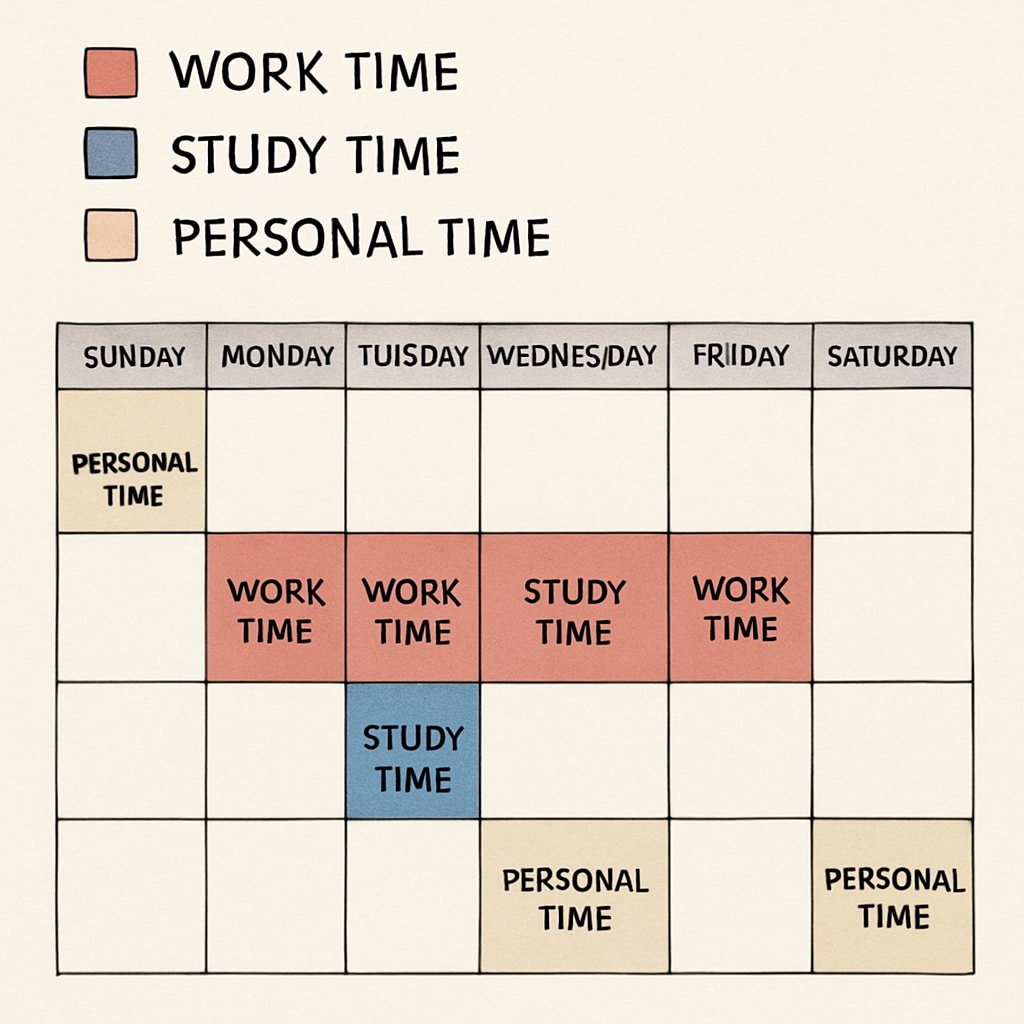Pursuing a master’s degree while advancing in one’s career is a daunting challenge that many mid-career professionals face. Balancing work responsibilities, personal commitments, and academic pursuits requires exceptional time management skills and a clear understanding of the value a higher degree brings to career development. This article examines the obstacles encountered when striving for advanced education mid-career and offers practical strategies for success.
Why Mid-Career Professionals Pursue a Master’s Degree
Many professionals decide to pursue a master’s degree during their mid-career phase to enhance their qualifications, gain specialized knowledge, or transition into new fields. For example, a management professional might seek an MBA to strengthen their leadership skills, while a scientist might pursue a research-focused degree to open doors to academia. The motivation often stems from the desire to remain competitive in an increasingly qualified workforce or to fulfill personal aspirations.
However, while the advantages appear promising, the reality is often complex. A higher degree can enhance credibility and open new career opportunities, yet it requires significant time and financial investment. According to Britannica’s overview of higher education, advanced degrees are increasingly seen as a necessity for career progression in certain industries. Still, professionals must weigh the benefits against the sacrifices, including missed opportunities for real-time career advancement during their studies.

Key Challenges: Balancing Time and Effort
One of the biggest hurdles for mid-career professionals pursuing higher education is time management. With demanding workloads, family responsibilities, and social commitments, carving out time for studying can seem impossible. Many face burnout, stretched between meeting deadlines at work and completing assignments for their degree program.
To overcome these challenges, professionals often adopt strategies like part-time study programs or online courses, which offer greater flexibility. For example, time-blocking and prioritizing tasks can help allocate dedicated hours for learning without compromising work performance. Additionally, leveraging employer tuition assistance programs or scholarships can ease financial strain, a common concern for adult learners.

Is a Master’s Degree Worth the Investment?
While a master’s degree undoubtedly adds value to a resume, professionals must critically analyze its return on investment (ROI). A degree may lead to promotions, salary increases, or career changes, but these outcomes are not guaranteed. Factors such as industry trends, professional networks, and timing play significant roles in determining whether the pursuit of higher education yields tangible benefits.
According to Wikipedia’s definition of a master’s degree, such programs are designed to deepen expertise in a specific field. However, professionals must consider whether their current roles or industries prioritize practical experience over academic credentials. In cases where experience carries more weight, the time and financial costs of a degree might outweigh its benefits.
Strategies for Success: Balancing Career and Education
To successfully navigate the challenges of pursuing a master’s degree mid-career, professionals can follow these strategies:
- Research Flexible Programs: Opt for online or evening courses to maintain a manageable schedule.
- Set Realistic Goals: Define clear, achievable milestones for completing your degree without overburdening yourself.
- Communicate with Employers: Discuss potential accommodations, such as reduced hours or tuition support.
- Build a Support System: Seek assistance from family, friends, or colleagues to share responsibilities.
- Leverage Technology: Use productivity tools like apps and calendars to organize your time efficiently.
By implementing these strategies, mid-career professionals can minimize disruptions to their careers and personal lives while pursuing their academic goals.
Final Thoughts
Choosing to pursue a master’s degree mid-career is a significant decision that requires careful planning and self-reflection. While it offers opportunities for professional growth and personal fulfillment, the challenges of time management, financial investment, and balancing responsibilities cannot be overlooked. By weighing the pros and cons and adopting effective strategies, professionals can make informed decisions to achieve their academic and career aspirations without compromising their current successes.
Ultimately, the journey is about finding harmony between professional ambitions and personal growth. As a result, mid-career professionals can transform their challenges into stepping stones for long-term success.


